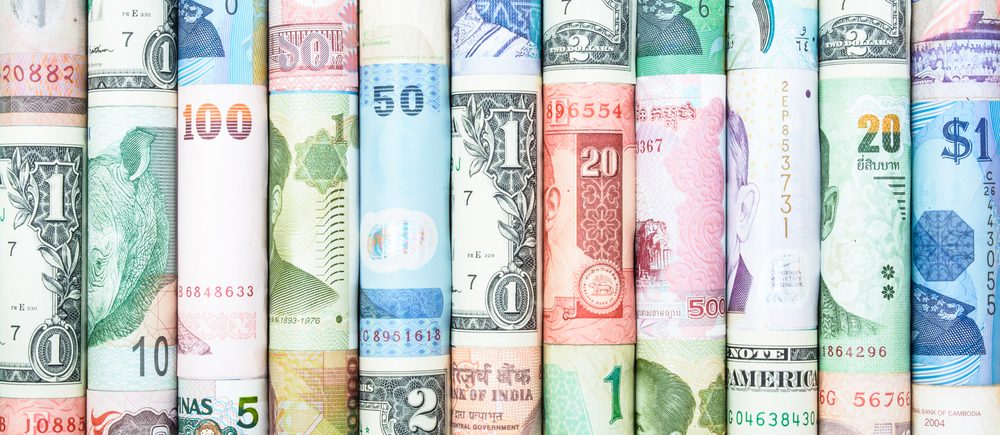The yen stabilized on Tuesday, but remained vulnerable to further declines as markets awaited signs of intervention by the Japanese authorities, and the Australian dollar fell after the central bank decided to keep interest rates unchanged.
The Reserve Bank of Australia kept interest rates at 4.10 percent, saying it needed more time to assess the impact of previous increases, but warned that further monetary tightening may be required to bring down inflation.
Investors remained in the currency markets in a state of anticipation of possible intervention by the Japanese authorities to stem the losses of the yen.
The yen recorded 144.64 per dollar in the latest Asian trading, but remained close to its lowest level in eight months, which it reached last week at 145.07 per dollar, which prompted Finance Minister Shunichi Suzuki to warn against selling the yen excessively.
Masato Kanda, Japan’s deputy finance minister for international affairs, said on Tuesday that officials communicate closely with US Treasury Secretary Janet Yellen and other foreign officials almost every day about currencies and the broader financial markets.
The Australian dollar fell 0.3% to $0.6654 after the Reserve Bank of Australia’s decision, erasing early gains.
The dollar index, which measures the performance of the US currency against a basket of major currencies, rose 0.097% to 103.05 after data showed overnight that the US manufacturing sector declined further in June, to record levels the country last witnessed in the wake of the first wave of the Covid-19 pandemic. .
The euro fell 0.13 percent to $1.0897, and the pound sterling fell 0.05 percent during the day, to reach $1.2685 in its latest transactions. The New Zealand dollar also fell 0.15% to $0.614.
 Noor Trends News, Technical Analysis, Educational Tools and Recommendations
Noor Trends News, Technical Analysis, Educational Tools and Recommendations





